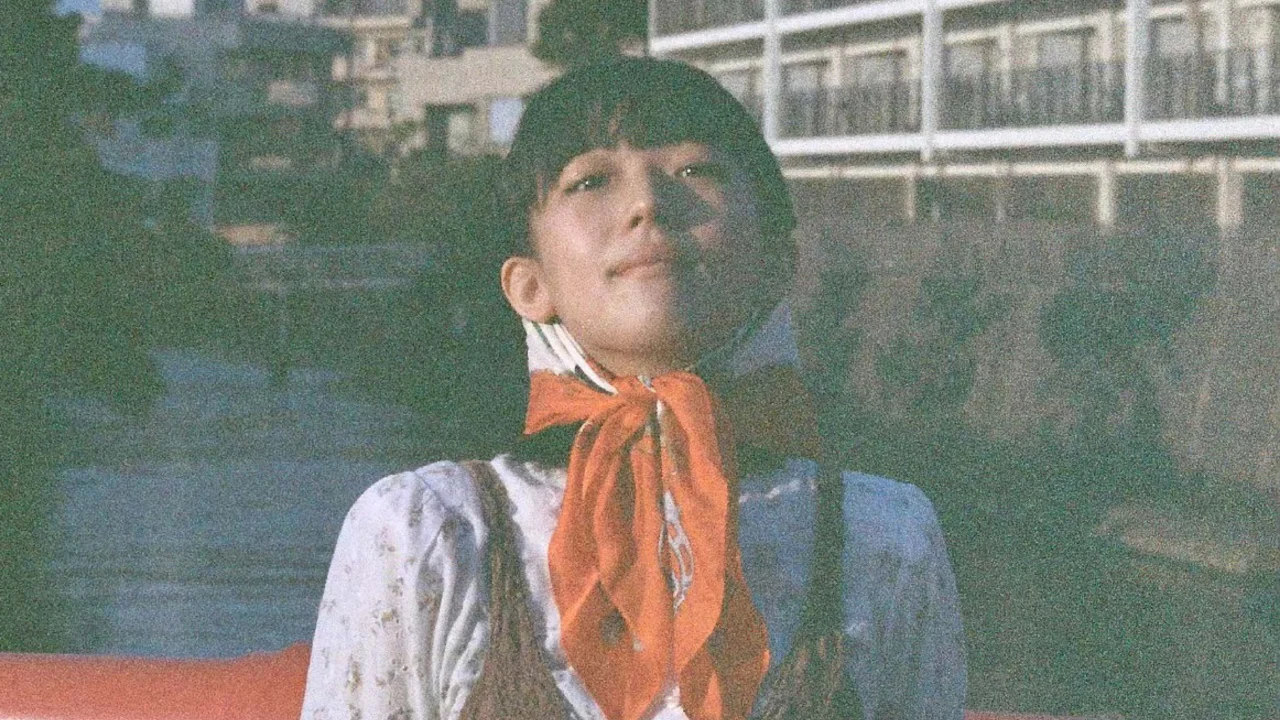INDEX
The Early Years: How Nagisa Murakami’s Musical Path Took Shape
What first inspired you to start singing, Nagisa?
Murakami: I started making up songs and singing them when I was in elementary school. I would take the words I thought of in my head and turn them into songs, singing them on my way home from school. By the time I got home, I’d forget them, but for some reason, even back then, I was creating songs instead of just singing existing ones… although I didn’t really think of it as “creating” at the time.
So, you were making songs in your head even before picking up the guitar?
Murakami: Yes, exactly. I loved singing while walking, or in the bath where my voice would echo—it was fun. I’ve felt that way since I was about in second grade. My whole family loves music, and we all used to sing, but each of us would sing different songs (laughs).

Your family also had a love for music.
Murakami: They were just singing their own favorite songs freely [laughs]. When we went to my grandfather’s house, folk and classical music would always be playing, so when I started writing songs in the style of folk and singing with the guitar, it just naturally became that way without me even realizing it.
You might have been listening to artists like Sachiko Kanenobu without even thinking about it.
Murakami: Yeah, exactly. I also heard Kaguya-hime, Yoshio Kagawa, and even Donovan, so even now, their songs sound really familiar and comforting to me.
There may be a connection between those names and Yuma as well.
Abe: Yes, it feels a bit like family [laughs].

Nagisa, you originally started your music career while working as a childcare worker, and in 2023, you took a leave of absence and are now working as a babysitter. How do you see the connection between your work and your music?
Murakami: Earlier, Yuma mentioned that my music feels “without artifice,” and that’s something I really focus on when creating my songs. When I talk to children, I’m always mindful of not imposing my thoughts on them, because kids can sense any artifice. I try to interact with them with that in mind.
Additionally, children naturally sway their bodies when they hear sound, or hum something without even thinking about it. It makes me think that our ability to feel sound is something inherently part of us. I personally want to listen to music that is not isolated as just music, but something that’s rooted in daily life, and I want my own songs to reflect that. When I see children enjoying and feeling the sound naturally, it feels very connected to what I want my music to be.


























